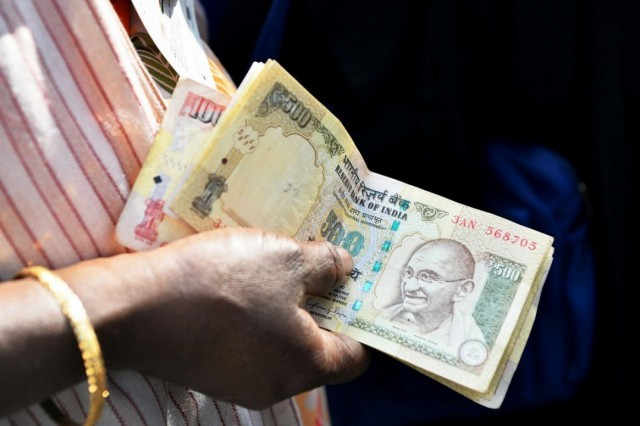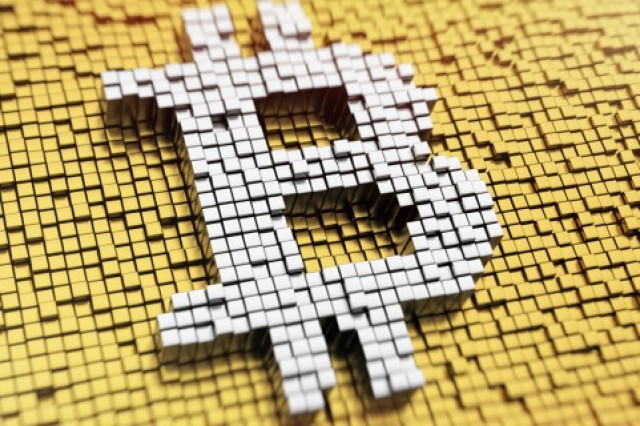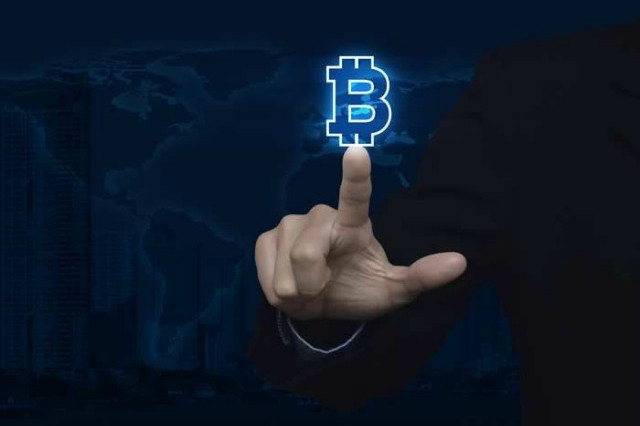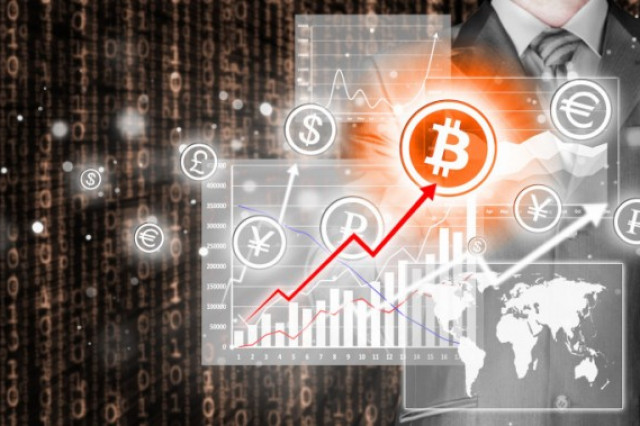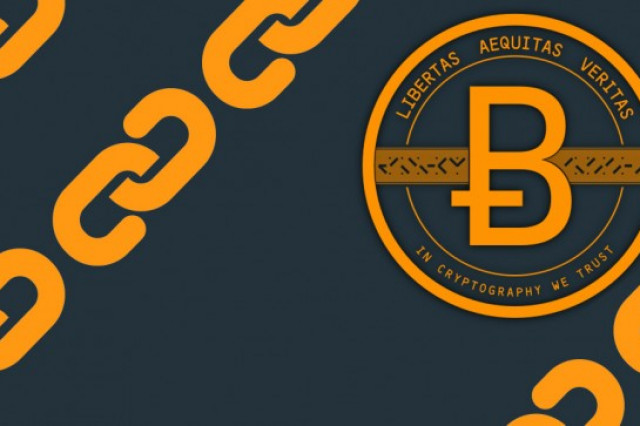
The elimination of cash and its conversion to electronic currency: dream or nightmare?
Manuel Lucas Durán
It is surprising that certain financial institutions move so fast and others, on the contrary, are unresponsive to social and technological changes.
In fact, in recent times a historic milestone has been achieved as regards monetary integration in a large number of European countries, who have renounced their own currencies, now defunct, in favour of a stronger and stable currency: the Euro.
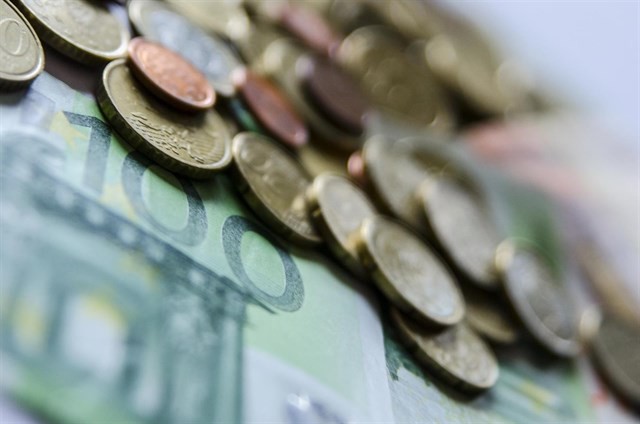
On the other hand, the generalization of the Internet among everyone has led to greater connectivity and interaction between individuals (Peer to Peer or P2P), giving rise to what has been called the "collaborative economy"; and within this sector, the field of finance has been revolutionized by the development of new means of financing between individuals -that is, overcoming the oligopolistic sector of banks and other financial institutions- such as crowdfunding (mass collective funding).
Well, notwithstanding the above, monetary institutions have been less prone to change. Particularly in the 21st century, in the midst of a technological revolution, the stereotype of physical money that has been used for the last centuries, even millennia, remains.
A brief history of money: have our financial needs not varied in the last few centuries?
The minting of currency is an age-old occurrence. There are coins minted from precious metals dating from several centuries before Christ. If we refer to banknotes, this is something more recent but, in any case, still for several centuries. The representation of goods on paper was typical of the Middle Ages, with the advent of the bill of exchange as a mercantile instrument of the first order that benefited the mobility of goods, avoided looting and definitively favoured trade. Banknotes, with a history in nineteenth-century China, probably have their western origin in England in the sixteenth and seventeenth centuries; And, similarly to what happened with bills of exchange centuries earlier, undoubtedly represented a singular advance in financial transactions. Indeed, as certificates of deposit that they were, allowed the possession and transfer of large amounts of money in a small space and with little weight.
However, until the abandonment of the gold standard, throughout the twentieth century, banknotes implied a counterpart in grams of the precious metal in the reserves of the respective central bank. From then on, money became merely fiduciary, that is, only supported by the trust that the market places in a certain currency and in the public power that supports it.
However, money in notes and coins remains unchanged in our civilization and is used daily by millions of people as a means of payment
In the meantime, quite different means of payment have been established, such as -apart from bank transfers or credit and debit cards, which already have a certain trajectory in time- more innovative instruments such as Paypal, Google Wallet, virtual currencies (as would be the case of Bitcoins) or payment systems by phone such as Android pay or Apple pay, to cite just a few examples.
However, money in notes and coins remains unchanged in our civilization and is used daily by millions of people as a means of payment.
Does it make sense to keep money in notes and coins in the current technological world?
If we look at it, cash has are few virtues to boast of. This is because this format entails inefficiencies of all kinds: public resources are required for their design, emission, control and withdrawal; their physical transportation is necessary, sometimes uncomfortable; banknotes are easily destroyed; and, above all, they permit all kinds of opaque transactions, many of them in the shadow economy, which deprive public resources (via taxes) and allow prohibited and undesirable operations (such as paying bribes, trafficking in prohibited goods, trafficking of human beings, and so on) that threaten our society from multiple points of view.
It is true that the spread of new means of retribution (the so-called plastic money -cards- or the increasingly extended payment using telephone terminals) in part solve the inconveniences that traditional money entails, greatly facilitating electronic payment and, on the other hand, allowing a traceability that at least scares away the darkest transactions. However, for whatever reasons -customary or deliberate disregard- the use of such technologies is far from general in our society, at least as far as southern European countries are concerned. In fact, there are studies that show something unique: there is a correlation between the use of electronic payments (for example, credit and debit cards) and the reduction of the black economy; or in other words, the more use of cash, the more submerged economy.

Now, if money in cash no longer implies the possession of certificates of deposit and it is an entirely fiduciary currency; if there are more efficient alternatives in terms of emission, transport, traffic and, above all, traceability and control, why does a millennial institution survive in our advanced technological societies but has not advanced in its replacement by purely virtual currencies? Probably because, on one hand, there are social inertias that takes time to pass and, above all, because there is a certain fear of the economic elites -who, ultimately, design the future of financial institutions- to an excessive control of power as regards the lives of the general public. This has been expressed, to paraphrase Dostoevsky, Carl-Ludwig Thiele (member of the Bundesbank), when he says that "money is minted freedom".
However, the European Central Bank, becoming aware of the use of the 500 Euro banknotes (in many cases, to make payments in black money), has decided to stop printing them, which could mean the end of them in the medium term. and this is not a European question alone. In the United States, no more large-denomination banknotes were issued, not only just $500 notes but also 1,000, 5,000, 10,000, and even $100,000. Precisely because of the evidence that these banknotes were being used for illicit activities, since 1969 the highest denomination note in this country is $100. On the other hand, in Spain and other countries in our geographic setting, cash payments above a certain limit have been normatively prohibited. It is as if the public authorities of the different countries were increasingly aware of the dysfunctions involved in the use of large amounts of banknotes in direct transactions. This is what Kenneth S. Rogoff has called "the curse of money" in his famous eponymous book. In short, why should money remain in its current physical format, uncomfortable and uncontrollable, now that the digital age has begun?
As a pioneer in the field of virtual currencies, is Bitcoin an angel or demon?
Bitcoin represents a significant change in the paradigm of means of payment worldwide. It implies the recognition of a virtual currency that is not issued by any central bank and, therefore cannot be controlled by the different monetary authorities. This is, such a currency prevents central banks (and public authorities on which such financial institutions depend) from gaining wealth from the mere printing of money, depriving them of the power that comes with their control (in relation to interest rates and monetary mass) and, at the same time, exempt them from the public protection that each country or monetary union provides for its own currency, strictly fiduciary as indicated above. In short, we might think that Bitcoin is governed by the market rules (supply and demand) and, therefore moves away from the interventionism of the different states, which would give it a sort of additional value and reliability.
In short, why should money remain in its current physical format, uncomfortable and uncontrollable, now that the digital age has begun?
The existence of Bitcoins as virtual currency has provoked a natural curiosity, undoubtedly well-intentioned, by economic sectors and consumers. However, its opacity has also attracted a large number of illegal activities (for example, as would be the case of hackers, as has been revealed in recent months with the Wannacry virus). In fact, the different states contemplate confirmed suspicions as regards operations in the aforementioned virtual currency; not only because they restrict intervention by monetary powers, but also essentially because payments made with such currencies are frequently linked to fraud and wrongdoing.
And in my opinion this the weak point of virtual currencies: it is an illusion to think that a given act can be due only to the rules of the market without considering the possible intervention of public powers in whose territory or under whose authority such payments are made. In short, Bitcoin could become prohibited as a means of payment in a given (or several) sovereignty, just as it prohibits payment in cash above certain amounts; and from that moment the value of the currency, being clearly restricted in its functionality, would be devalued without any authority fighting against such depreciation. Thus, in such a case the market would play against the Bitcoin, since the regulators are part of the market, and this entails a great volatility and, consequently, little reliability in this virtual currency.
The good and the bad in the substitution of cash by exclusively electronic currency
The possibility of eliminating notes and coins to convert them into exclusively digital currency is currently being considered. This is what some Scandinavian countries are considering within the next few years. In addition, something similar could happen over time in the Euro zone, the United States, the United Kingdom, Japan and countless other sovereignties. In fact, it would be significant that, should this be done, the transformation of physical money into electronic money would occur in a harmonious and joint way, avoiding the transfer of huge sums of money from one monetary system to another. Now, is this desirable?

The answer is not at all simple and depends, to a large extent, on a priori ideological positions.
Thus, the elimination of cash, apart from making it possible to collect negative interests that some academicians (and with aspects limited to periods of crisis) favour, would lead to greater levels of control in relation to the transactions of the different economic operators. Is this in itself negative? Not necessarily. By eliminating large pockets of the shadow economy, there would be a greater chance of combating tax fraud and other illicit activities that lacerate and bleed our society. This would introduce taxes that could be used by different countries to reduce budget deficits and pressing public debts or, possibly, reduce other taxes (or improve their public services).
If, during the time of physical coins and banknotes, the custody of money entailed inaccessible and highly supervised safe-deposit savings banks, in a possible time of digital currencies would have to invest all those resources in anti-hacking measures
Would this imply a significant restriction on personal privacy? In my opinion, not always. Recall that today the Tax Authority can now access a myriad of economic data and this has been recognized as legitimate by national and international courts. Ultimately, the collective interests of tax collection, the fight against organized crime, and so on should be understood as being above individual interests (the right to privacy). All this, on the understanding that these are proportionate intrusions, that is, that they do not go beyond what is strictly necessary for the fulfilment of its purposes. And, of course, taking into account that any abuse of public powers in breach of personal privacy (for example, disclosure of data) has to be condemned without regard to existing legislation and would entail administrative or criminal sanctions.
Finally, we might think that making the wellbeing of national, regional, or even global monetary system dependent on something as ethereal as electronics poses high threats, perhaps unavoidable, as has recently been demonstrated by major cyber attacks. However this is true of a question that arises from social evolution itself: if, during the time of physical coins and banknotes, the custody of money entailed inaccessible and highly supervised safe-deposit savings banks, in a possible time of digital currencies would have to invest all those resources in anti-hacking measures. It is only a transformation of the idea of security, the consequence of a technological transformation.


